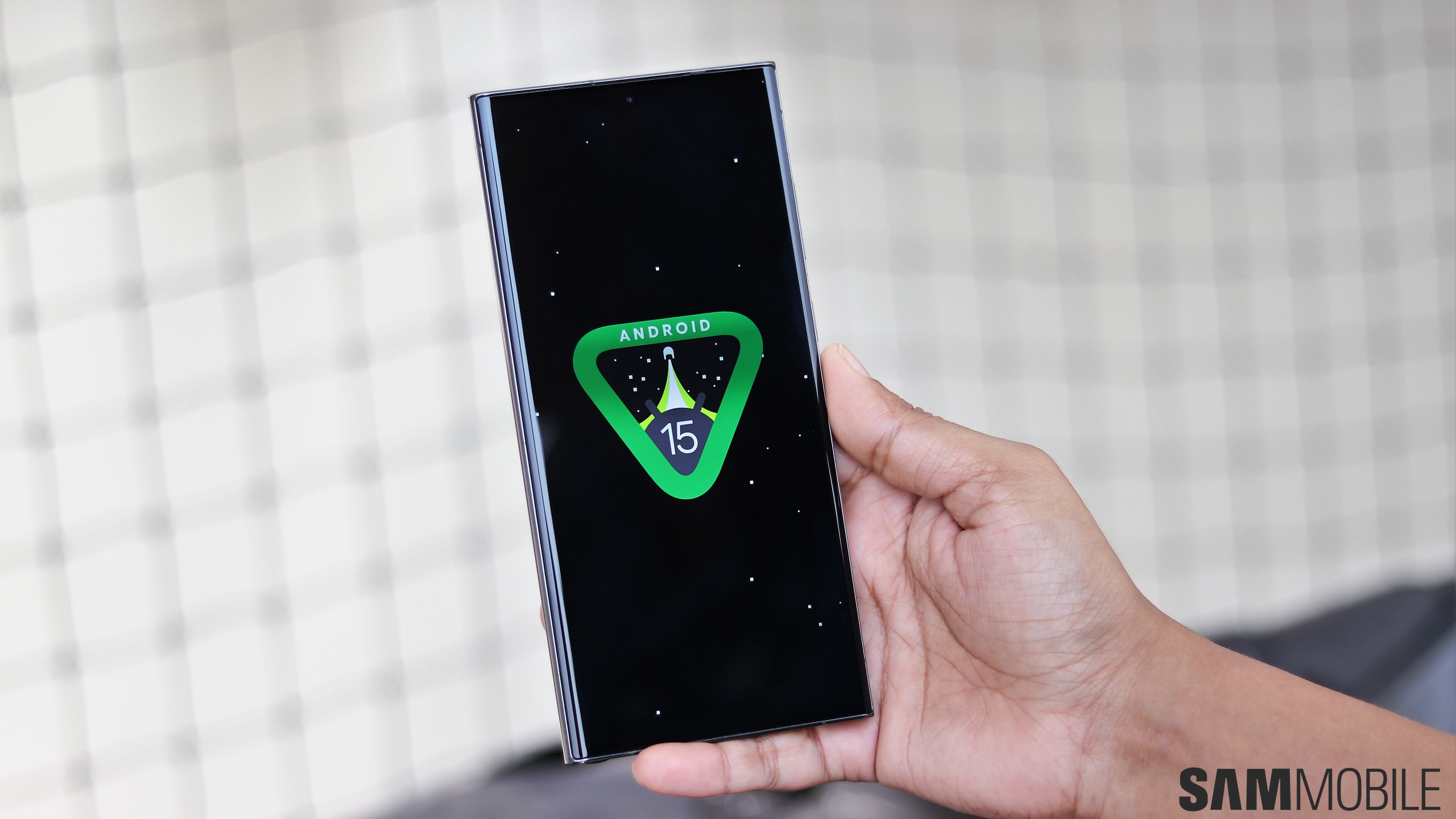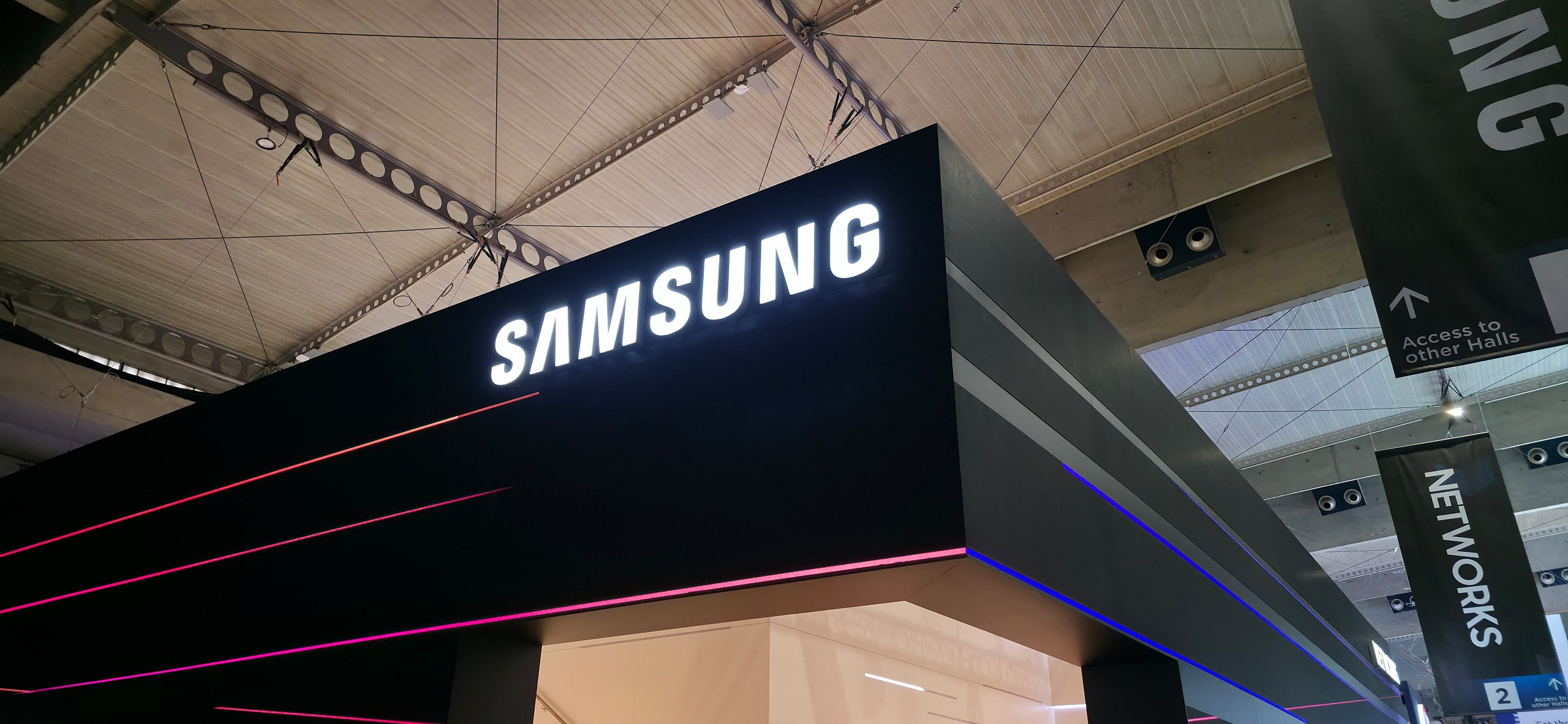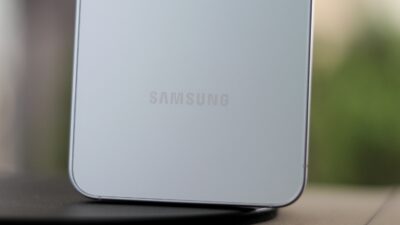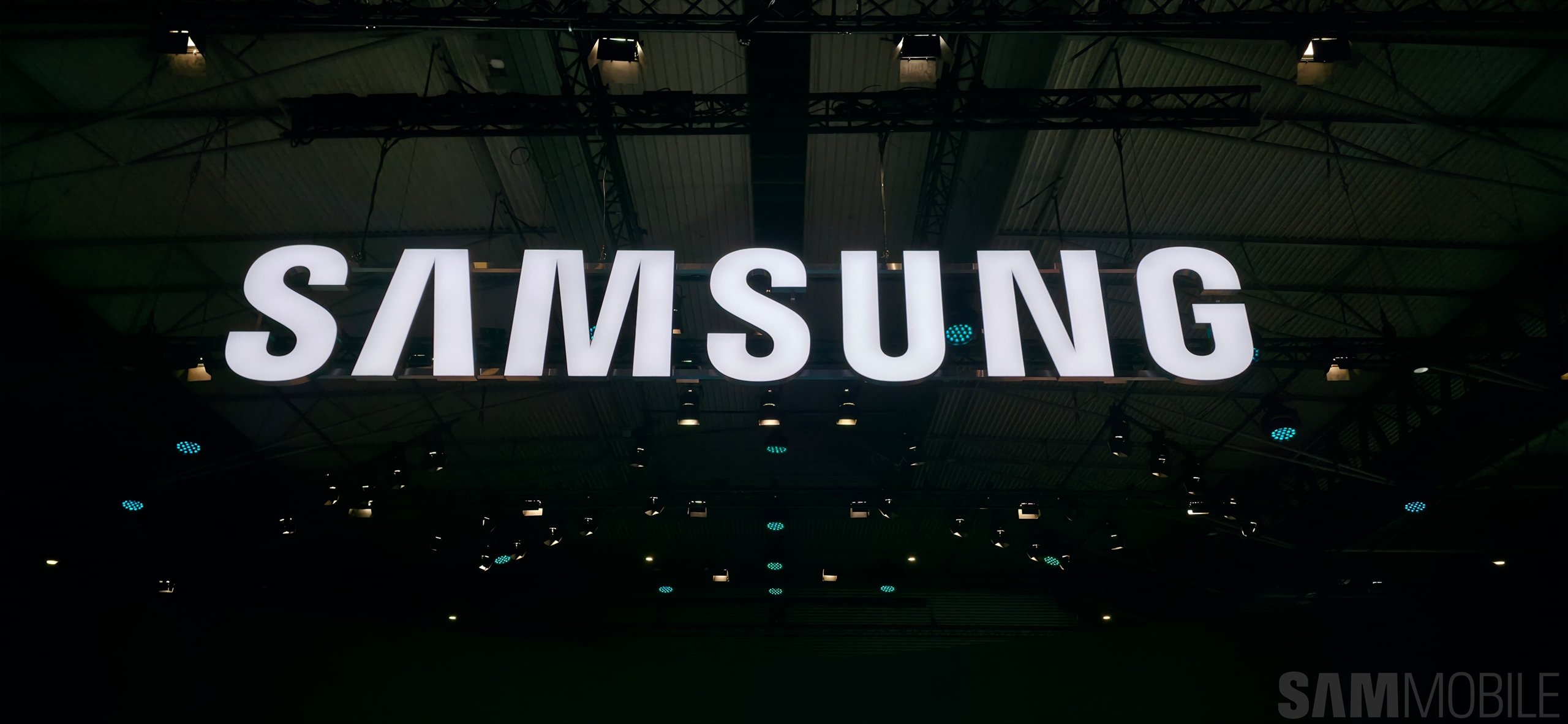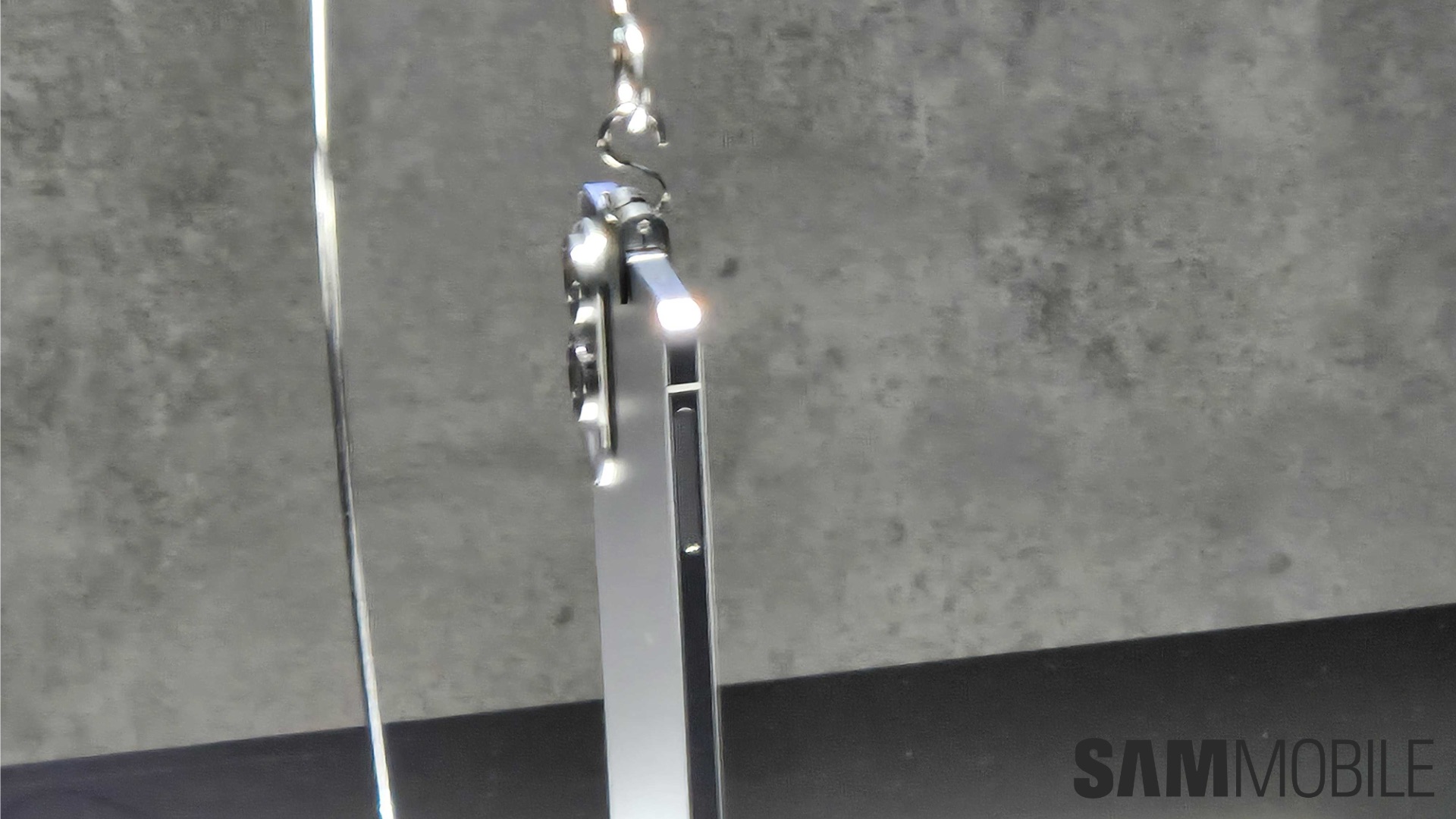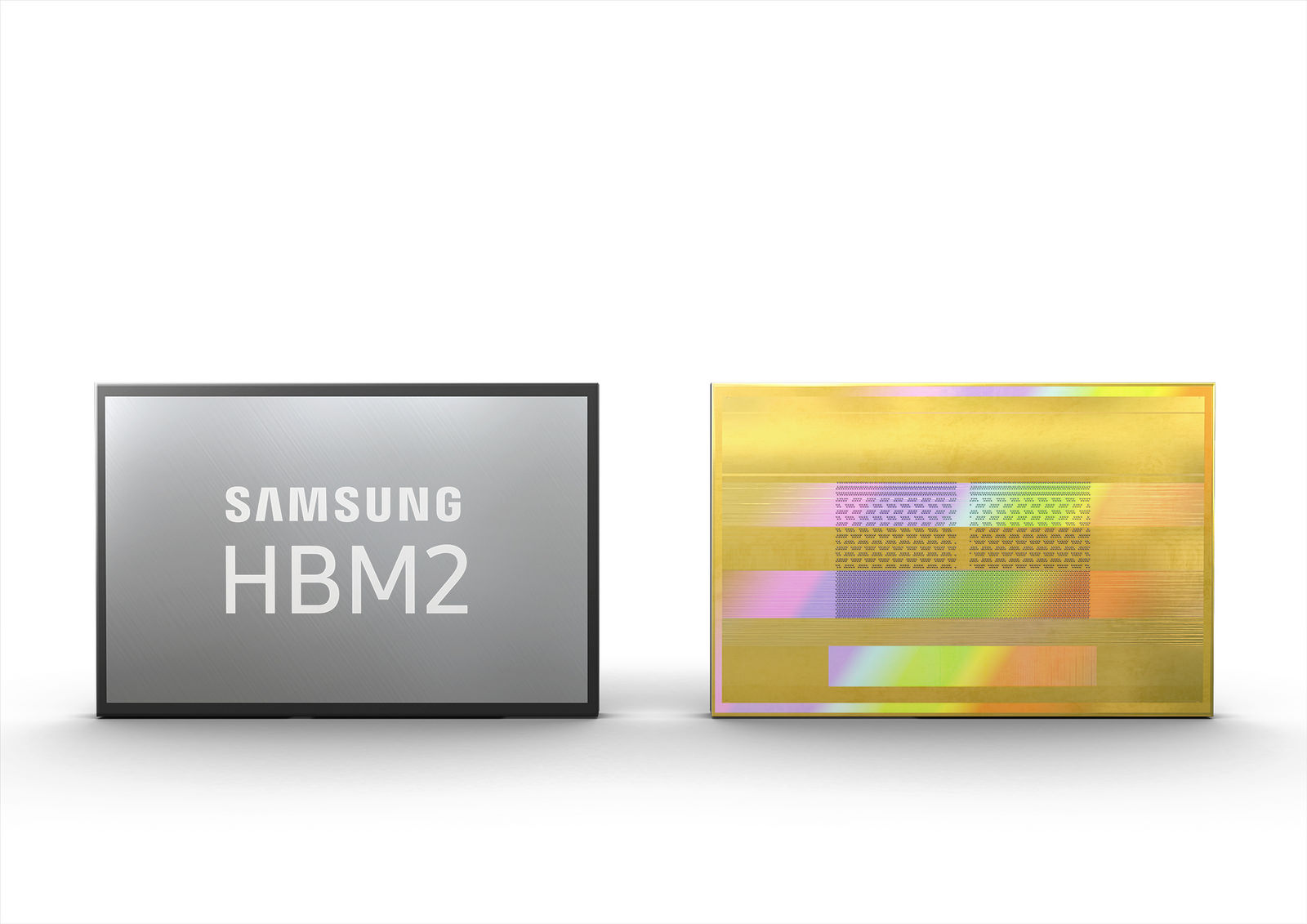
The folks in Washington have now dropped the ban hammer on the sale of high-bandwidth chips to China. They're primarily used in AI accelerators, training, and inferencing. A good chunk of Samsung's HBM sales come from China so this latest ban is likely to cause headaches for the semiconductor division that's already been under pressure.
Samsung can't sell HBMs to China anymore
The United States has banned the export of HBM chips with a memory bandwidth density higher than 2 gigabytes per second per square millimeter, effectively covering all stacks of high-bandwidth memory that are currently in production. These controls take effect on December 31st and Samsung will be prohibited from selling HBMs to Chinese companies after that.
Samsung continues to trail SK Hynix in sales of the most advanced HBM3E memory chips. However, it continues to generate around 20% of all HBM sales from China where it primarily sells older HBM2 and HBM2E chips. Companies there have been stockpiling these chips ahead of the expected US sanctions.
A vital source of revenue will be cut off for Samsung Electronics once it becomes unable to even supply the older HBM chips to China. The company is behind SK Hynix in winning customers for its HBM3E chips, though it's expected that a significant order from NVIDIA might be forthcoming.
Samsung will really need to step up and ink deals with major US tech companies for its HBM3E and HBM4 chips to not just offset the loss of business from China but to also take the lead from its cross-town rival.


